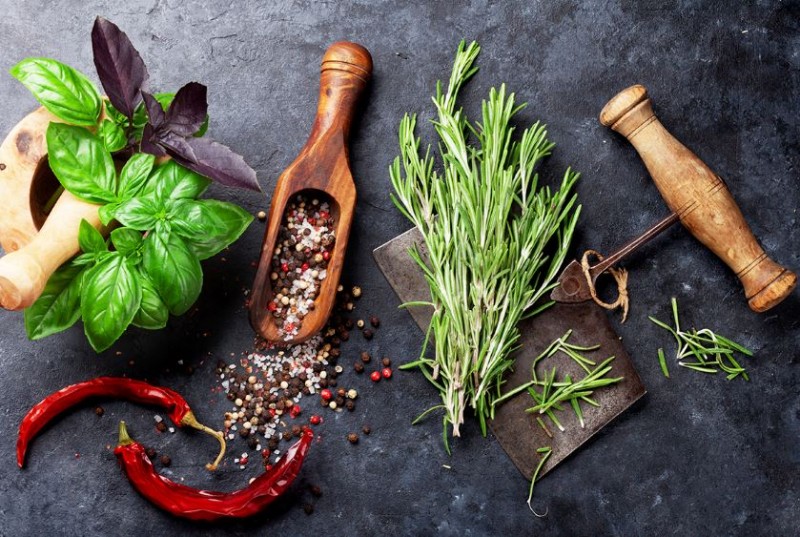
Diabetes mellitus, commonly referred to as diabetes, is a chronic metabolic (how to diabetes control) disorder characterized by elevated blood sugar levels. It affects millions of people worldwide and requires careful management to prevent complications. While traditional medical approaches involve medications and lifestyle modifications, there is growing interest in complementary and alternative therapies, such as herbal remedies. In this article, we will explore ten herbs that have been studied for their potential to help control blood (how to diabetes control) sugar levels in individuals with diabetes.
Gymnema Sylvestre
Gymnema Sylvestre, also known as the "sugar destroyer," has been used in traditional Ayurvedic medicine for centuries to manage diabetes. Research suggests that its active compounds may help reduce sugar absorption in the intestines and enhance insulin production. Gymnema may also help curb sugar cravings, aiding in weight management – an important aspect of diabetes care.
Cinnamon
Cinnamon is a fragrant spice known for its potential to improve insulin sensitivity and lower blood sugar levels. Studies have shown that cinnamon extracts can mimic the effects of insulin, facilitating glucose uptake by cells. Adding a dash of cinnamon to your daily diet may contribute to better blood sugar control.
Fenugreek
Fenugreek seeds contain soluble fiber, which can slow down carbohydrate digestion and sugar absorption, leading to improved blood sugar levels. Additionally, compounds in fenugreek may stimulate insulin secretion and enhance its action. Incorporating fenugreek into meals or taking it as a supplement may offer potential benefits for diabetes management.
Bitter Melon
Bitter melon, a tropical fruit commonly used in Asian cuisines, has demonstrated anti-diabetic properties. It contains compounds that resemble insulin and may help lower blood sugar levels. Bitter melon extracts may also improve glucose utilization and promote insulin sensitivity, making it a promising herbal remedy for diabetes.
Turmeric
Curcumin, the active compound in turmeric, exhibits anti-inflammatory and antioxidant properties. Research suggests that curcumin may contribute to better blood sugar control by enhancing insulin sensitivity and protecting pancreatic beta cells – the cells responsible for insulin production. While adding turmeric to dishes can be beneficial, curcumin supplements may provide more concentrated effects.
Ginger
Ginger is not only a popular spice but also a potential ally in diabetes management. It has been shown to improve insulin sensitivity and reduce markers of inflammation. Including ginger in your diet, whether as a spice or herbal tea, might help regulate blood sugar levels over time.
Aloe Vera
Aloe vera, known for its skin-soothing properties, may also have a role in diabetes care. Some studies suggest that aloe vera gel may lower fasting blood sugar levels and improve insulin sensitivity. However, more research is needed to fully understand its mechanisms and optimal usage.
Berberine
Derived from various plants, berberine is an herbal compound with promising anti-diabetic effects. It can activate an enzyme called AMPK, which plays a crucial role in glucose metabolism. Berberine supplements have been shown to reduce fasting blood sugar levels and improve insulin sensitivity, making it a potential natural alternative for managing diabetes.
Ginseng
Certain types of ginseng, such as American ginseng and Korean red ginseng, have been studied for their potential to lower blood sugar levels. Ginsenosides, the active compounds in ginseng, may enhance insulin release and improve glucose uptake. Including ginseng in your routine, as a tea or supplement, could contribute to better diabetes control.
Bilberry
Bilberry, a close relative of the blueberry, contains anthocyanins – powerful antioxidants with potential anti-diabetic properties. Research suggests that bilberry extracts may help reduce post-meal blood sugar spikes by inhibiting carbohydrate absorption. Including bilberry in a balanced diet might offer additional support for blood sugar management.
It's important to note that while these herbs (how to diabetes control) show promise in diabetes management, they are not meant to replace standard medical treatments. Consulting a healthcare professional before incorporating any new herbs or supplements into your routine is essential, especially if you're already taking diabetes medications. These herbs can complement a healthy lifestyle that includes a balanced diet, regular exercise, and consistent blood sugar monitoring. With the right approach, these natural remedies may contribute to better blood sugar control and improved overall well-being for individuals living with diabetes.
Global Summit on Traditional Drugs: Bridging Ancient and Modern Practices, says Mandaviya
Embrace Besan: 5 Creative Ways to Boost Your Diabetes Diet
Is Chicken Good For Diabetics? Exploring the Diabetes-Friendly Benefits of Chicken Consumption